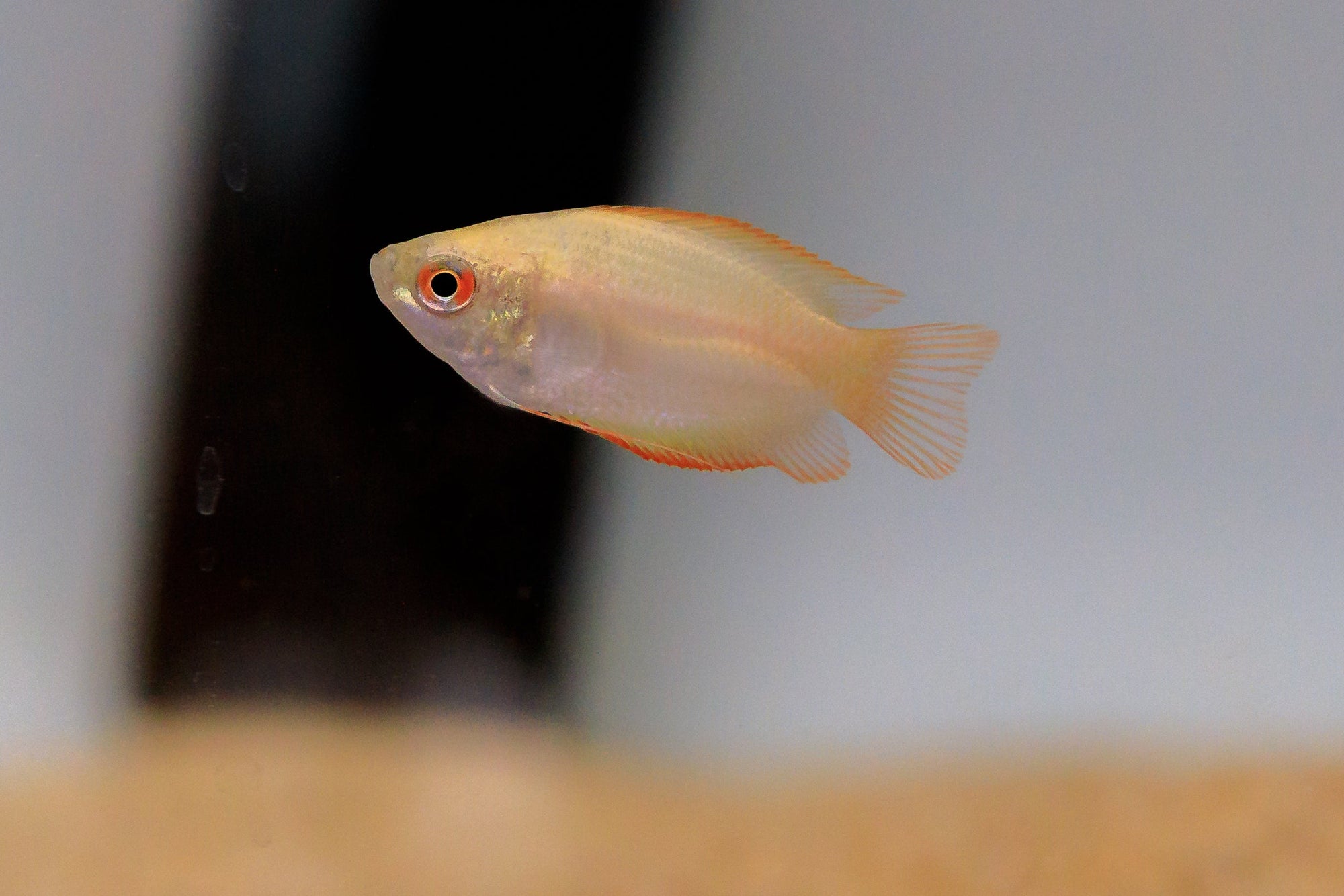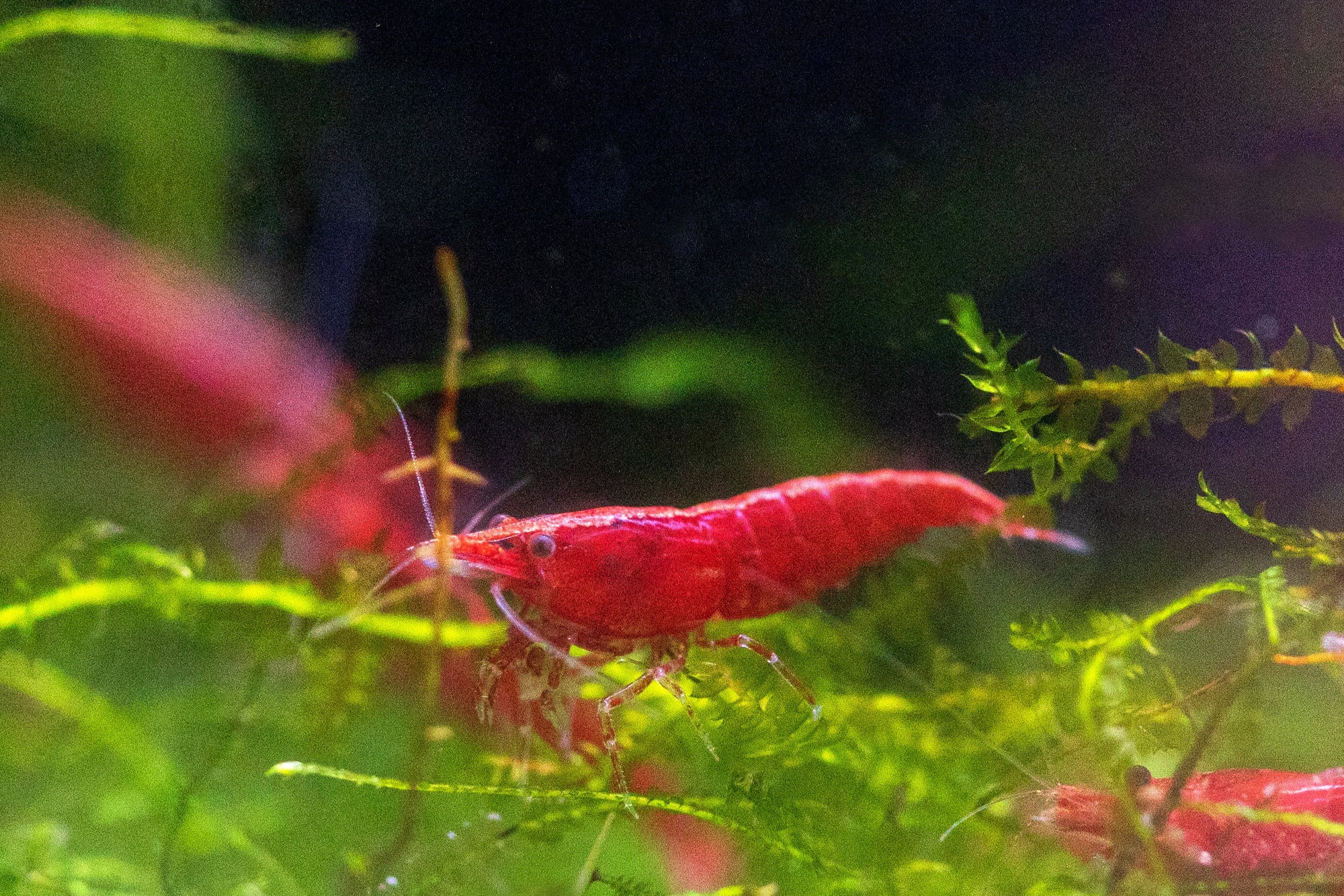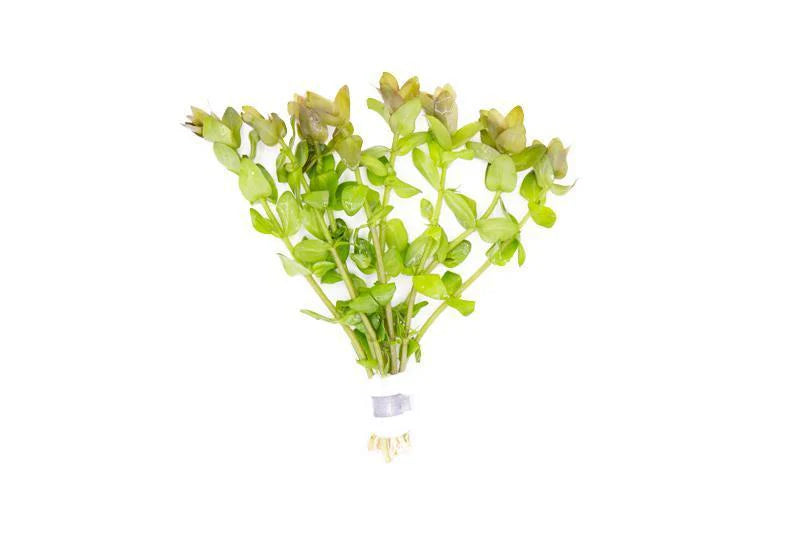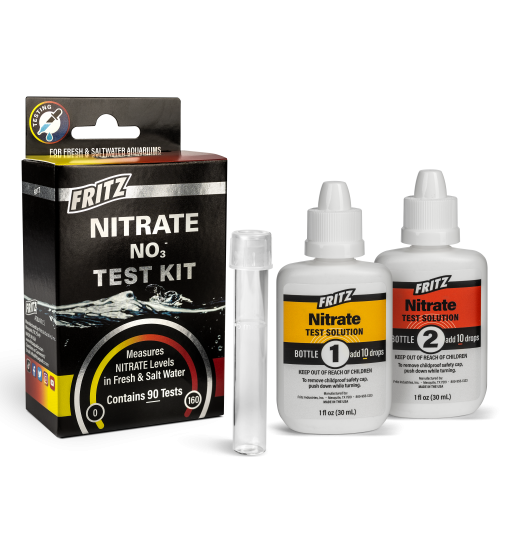Mudskipper
Mudskipper Care Guide
Scientific Name: Periophthalmus spp.
Common Name: Mudskipper
Tank Size
- Minimum: 40 gallons for one or a small group.
- Mudskippers need both land and water areas, so a larger tank with a land section is ideal.
Water Parameters
- Temperature: 75-85°F (24-29°C)
- pH: 7.0-8.0 (neutral to slightly alkaline)
- Salinity: Slightly brackish water (1.005-1.010 specific gravity)
- Filtration: Moderate filtration, with regular water changes (20-30% weekly).
Diet
- Omnivorous: Mudskippers eat a variety of foods, including live or frozen foods (e.g., shrimp, worms), small fish, and some plant matter.
- Feeding: Feed once a day or every other day, offering small portions they can consume in a few minutes.
Tankmates
- Mudskippers should be kept with other mudskippers or peaceful brackish water species. Avoid small fish that may become prey.
Behavior
- Mudskippers are active and spend much of their time on land, jumping, climbing, and interacting with their environment. They may occasionally enter the water to feed or cool off.
Mudskipper Care Guide
Scientific Name: Periophthalmus spp.
Common Name: Mudskipper
Tank Size
- Minimum: 40 gallons for one or a small group.
- Mudskippers need both land and water areas, so a larger tank with a land section is ideal.
Water Parameters
- Temperature: 75-85°F (24-29°C)
- pH: 7.0-8.0 (neutral to slightly alkaline)
- Salinity: Slightly brackish water (1.005-1.010 specific gravity)
- Filtration: Moderate filtration, with regular water changes (20-30% weekly).
Diet
- Omnivorous: Mudskippers eat a variety of foods, including live or frozen foods (e.g., shrimp, worms), small fish, and some plant matter.
- Feeding: Feed once a day or every other day, offering small portions they can consume in a few minutes.
Tankmates
- Mudskippers should be kept with other mudskippers or peaceful brackish water species. Avoid small fish that may become prey.
Behavior
- Mudskippers are active and spend much of their time on land, jumping, climbing, and interacting with their environment. They may occasionally enter the water to feed or cool off.
1-2 Day Shipping.
ALL LIVESTOCK orders will only be packed up and shipped Monday-Tuesday.
ALL LIVESTOCK purchases are non-returnable.
Please refer to our FAQ page for any other questions related to this subject.
1-2 Day Shipping.
ALL LIVESTOCK orders will only be packed up and shipped Monday-Tuesday.
ALL LIVESTOCK purchases are non-returnable.
Please refer to our FAQ page for any other questions related to this subject.
Mudskipper
Mudskipper Care Guide
Scientific Name: Periophthalmus spp.
Common Name: Mudskipper
Tank Size
- Minimum: 40 gallons for one or a small group.
- Mudskippers need both land and water areas, so a larger tank with a land section is ideal.
Water Parameters
- Temperature: 75-85°F (24-29°C)
- pH: 7.0-8.0 (neutral to slightly alkaline)
- Salinity: Slightly brackish water (1.005-1.010 specific gravity)
- Filtration: Moderate filtration, with regular water changes (20-30% weekly).
Diet
- Omnivorous: Mudskippers eat a variety of foods, including live or frozen foods (e.g., shrimp, worms), small fish, and some plant matter.
- Feeding: Feed once a day or every other day, offering small portions they can consume in a few minutes.
Tankmates
- Mudskippers should be kept with other mudskippers or peaceful brackish water species. Avoid small fish that may become prey.
Behavior
- Mudskippers are active and spend much of their time on land, jumping, climbing, and interacting with their environment. They may occasionally enter the water to feed or cool off.
Mudskipper Care Guide
Scientific Name: Periophthalmus spp.
Common Name: Mudskipper
Tank Size
- Minimum: 40 gallons for one or a small group.
- Mudskippers need both land and water areas, so a larger tank with a land section is ideal.
Water Parameters
- Temperature: 75-85°F (24-29°C)
- pH: 7.0-8.0 (neutral to slightly alkaline)
- Salinity: Slightly brackish water (1.005-1.010 specific gravity)
- Filtration: Moderate filtration, with regular water changes (20-30% weekly).
Diet
- Omnivorous: Mudskippers eat a variety of foods, including live or frozen foods (e.g., shrimp, worms), small fish, and some plant matter.
- Feeding: Feed once a day or every other day, offering small portions they can consume in a few minutes.
Tankmates
- Mudskippers should be kept with other mudskippers or peaceful brackish water species. Avoid small fish that may become prey.
Behavior
- Mudskippers are active and spend much of their time on land, jumping, climbing, and interacting with their environment. They may occasionally enter the water to feed or cool off.
1-2 Day Shipping.
ALL LIVESTOCK orders will only be packed up and shipped Monday-Tuesday.
ALL LIVESTOCK purchases are non-returnable.
Please refer to our FAQ page for any other questions related to this subject.
1-2 Day Shipping.
ALL LIVESTOCK orders will only be packed up and shipped Monday-Tuesday.
ALL LIVESTOCK purchases are non-returnable.
Please refer to our FAQ page for any other questions related to this subject.






